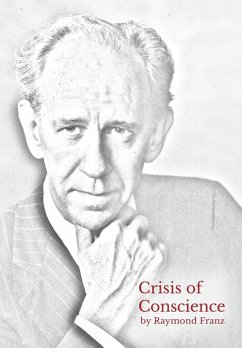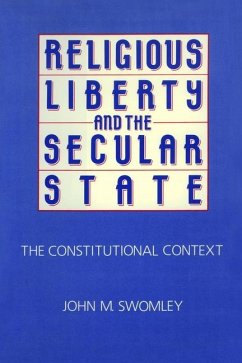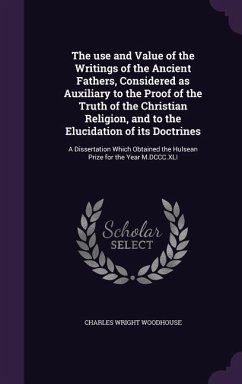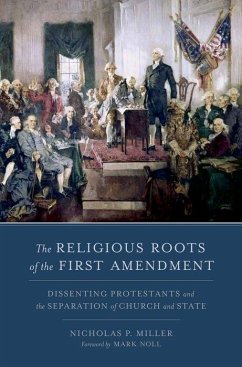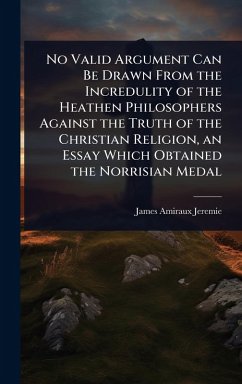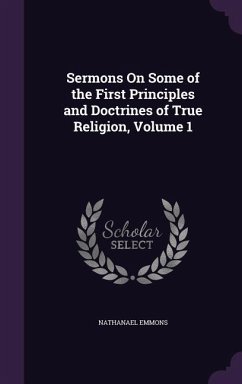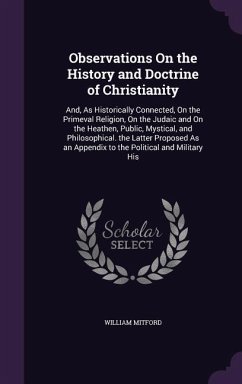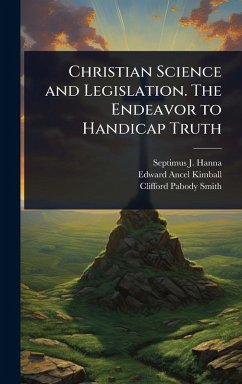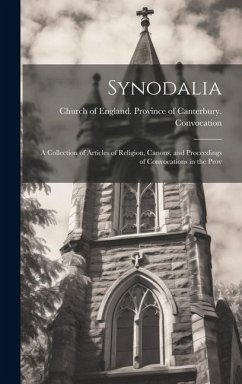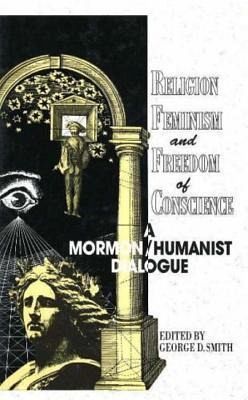
Religion, Feminism and Freedom of Conscience
Versandkostenfrei!
Versandfertig in über 4 Wochen
34,99 €
inkl. MwSt.

PAYBACK Punkte
17 °P sammeln!
In September 1993 a unique dialogue took place. Humanists from around the country gathered in Salt Lake City, Utah, to exchange ideas with Mormons on the topics of feminism, freedom of conscience, academic freedom in Mormon universities, and clashes between "dissent intellectuals" and Mormon church authorities. Of particular concern in the discussion was the recent excommunication of members of the Mormon church and the departure of two professors from Brigham Young University for allegedly expressing ideas at variance with church teachings. Ironically, despite such conflicts, Mormons official...
In September 1993 a unique dialogue took place. Humanists from around the country gathered in Salt Lake City, Utah, to exchange ideas with Mormons on the topics of feminism, freedom of conscience, academic freedom in Mormon universities, and clashes between "dissent intellectuals" and Mormon church authorities. Of particular concern in the discussion was the recent excommunication of members of the Mormon church and the departure of two professors from Brigham Young University for allegedly expressing ideas at variance with church teachings. Ironically, despite such conflicts, Mormons officially and individually endorse freedom of conscience; the dignity of the human right to exercise free agency is a principle rooted in the Mormon as well as the humanist tradition. On the basis for human understanding, the dialogue between the two diverse cultures of Mormonism and humanism proceeded. George D. Smith has collected twelve essays, all but one were presented at the Utah conference, for this thought-provoking volume. Among the subjects covered are ecclesiastical abuse and the excommunicated "September Six," academic freedom at Brigham Young University, the politics of exclusivity, and free inquiry in a religious context. Paul Kurtz, editor of Free Inquiry, introduces the discussion with an overview of "Humanism and the Idea of Freedom." The volume concludes with a 1939 essay by noted American journalist Walter Lippman entitled "The Indispensible Opposition." The other contributors include Lavina Fielding Anderson, Robert Alley, Gary James Bergera, Martha Sonntag Bradley, Frederick S. Buchanon, Bonnie Bullough, Vern L. Bullough, Cecillia Konchar Farr, L. Jackson Newell, F. Ross Peterson, and Allen Dale Roberts.



